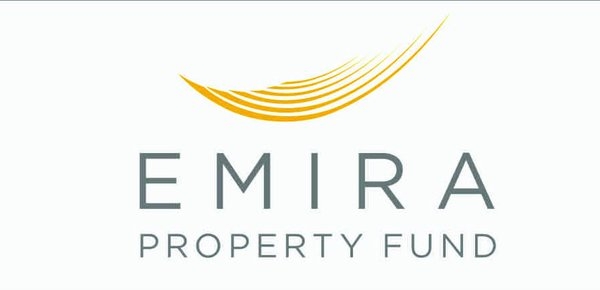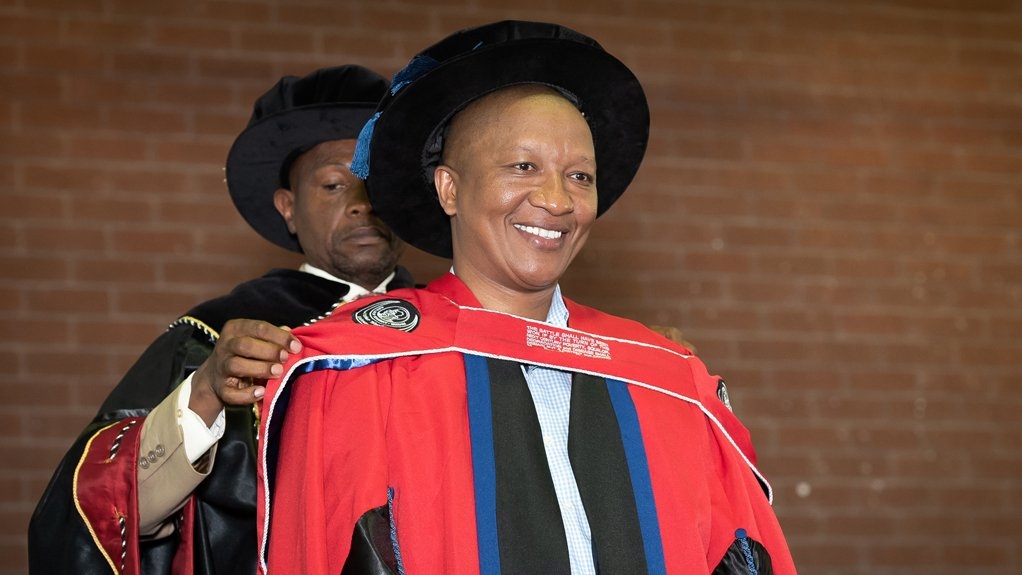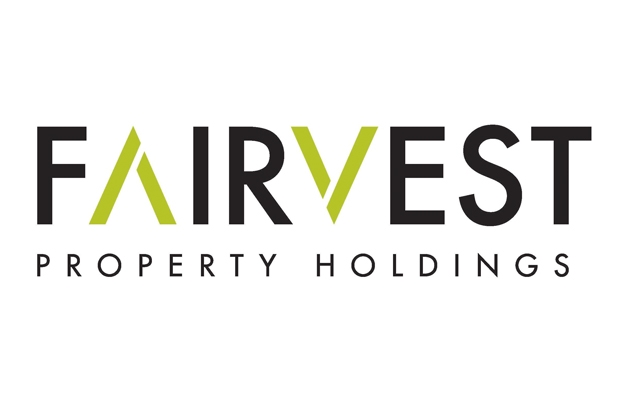

Real estate investment trust (Reit) Emira Property Fund’s distributions for the financial year ended June 30, increased by 2.53% year-on-year, despite persistently tough trading conditions. This increase, CFO Greg Booyens said on Wednesday, reaffirms the company’s turnaround and return to positive dividend growth. With its rebalancing and reinvestment strategies “firmly in place and gaining momentum”, he pointed out that Emira plans to further improve on the distribution growth achieved for the current year in its forthcoming financial year.
Emira’s “solid set of results”, CEO Geoff Jennett added, delivered on its market guidance and advanced its strategies of rebalancing its portfolio out of offices and successfully recycling underperforming capital into yield-accretive international investment in the US. During the period, Emira significantly reduced its portfolio vacancies from 5.7% to 3.4%, with office vacancies down substantially from 12.5% to 7.1%. Emira also had a high retention rate of 85% compared with 72% in the previous financial year.
Like-for-like net income growth of 7.5% was achieved on the back of new letting, Jennett noted. However, the rebalancing of the company’s portfolio saw Emira dispose of about R530.6-million of assets at a combined 14.8% premium-to-book value. Of the 13 properties sold, seven were offices, which reduced Emira’s office exposure to 35.7% from 38.7% of the total assets.
Emira’s US investments contributed R22.6-million to its distributable income, and the company intends to continue its steady investment process into the US in the year ahead. Income from Growthpoint Australia (GOZ) decreased by 5.9% for the year owing to Emira having sold down 9% of its holding in GOZ to take advantage of the Australian Reit’s record-high share prices.
It brought the proceeds back to South Africa at a good exchange rate and deployed them into a higher-yielding investment, Jennett said. Locally, however, Emira closed the year with 104 directly held South African properties valued at R12.5-billion and reduced its gross cost-to-income ratio from 37.2% to 36.8%, which Jennett said shows that the company’s income grew faster than its expenses.
Emira further increased its international exposure to 10% of its balance sheet during the year, with its new US investment venture representing 3%. Commenting on the residential sector, Jennett told media on Wednesday that it is a “great diversifier for Emira’s portfolio” and that the company is actively pursuing opportunities to co-invest with sector specialists that cater for the lower middle-class retail residential property markets.
Should suitable opportunities arise, he said Emira will consider other residential conversions, especially since the company is aiming to grow its residential property to between 5% and 10% of its total portfolio.
More news
- CELEBRATING EXCELLENCE IN THE RESIDENTIAL PROPERTY SECTOR
- PART 4: GIBS PANEL DISCUSSES INTEMEDIATE CITIES ROLE IN AFRICA’S DEVELOPMENT
- EXPOSED AGGREGATE PAVERS COMPLEMENT NEW LIFESTYLE CENTRE
- GIBS PANEL EXPLORES ROLE OF INTERMEDIATE CITIES IN SA’S DEVELOPMENT PART 3
- CITI-CON’S CONCRETE KNOWLEDGE SUCCESSFULLY DEPLOYED ON NEW LANDMARK DEVELOPMENT





